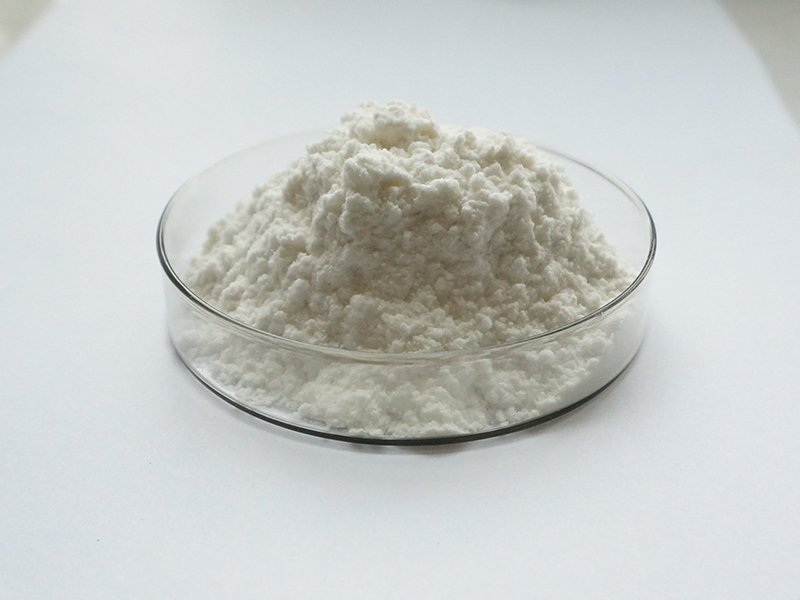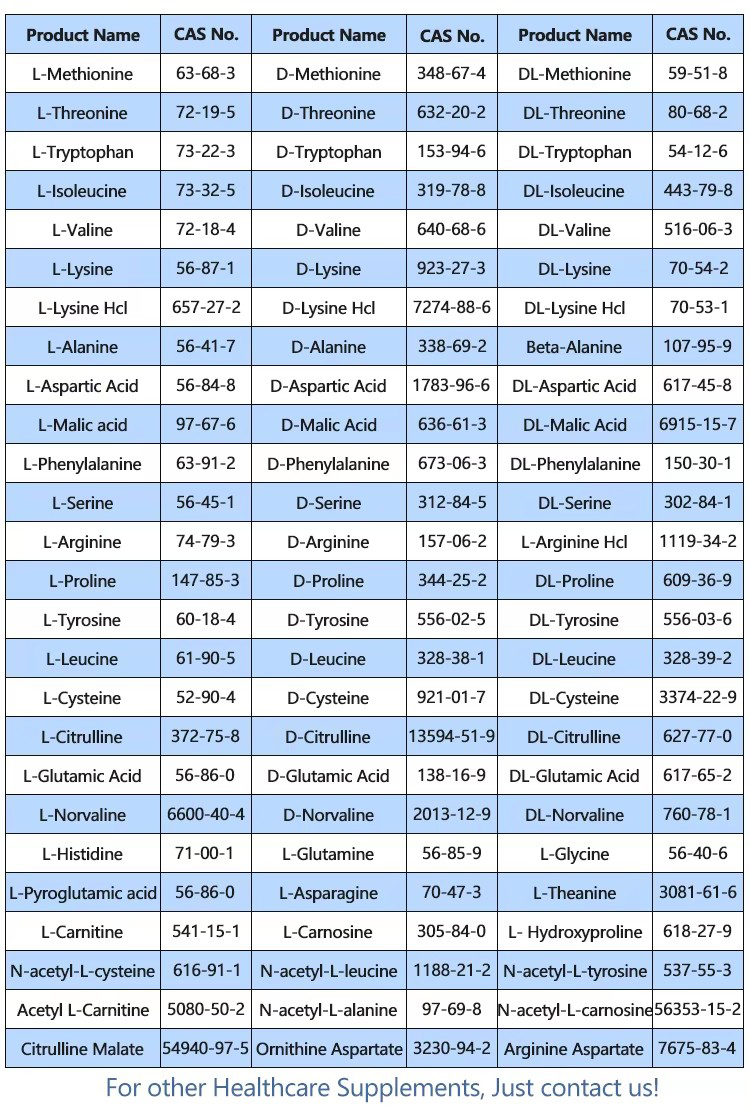N-Acetyl-L-Tyrosine (NALT) is a modified form of the amino acid L-tyrosine, where an acetyl group is attached to the nitrogen atom of the tyrosine molecule. Here’s a brief overview of its origin, properties, and introduction:
Origin of N-Acetyl-L-Tyrosine:
N-Acetyl-L-Tyrosine is a derivative of L-tyrosine, which itself is a non-essential amino acid. L-tyrosine is naturally found in many protein-rich foods like chicken, turkey, dairy products, nuts, and seeds. N-Acetyl-L-Tyrosine is synthesized through the acetylation of L-tyrosine, typically in laboratory settings.

Properties of N-Acetyl-L-Tyrosine:
- Structure: N-Acetyl-L-Tyrosine has the chemical formula C11H13NO4 and a molecular weight of 227.23 g/mol.
- Solubility: It is more soluble in water than L-tyrosine, which enhances its bioavailability.
- Stability: N-Acetyl-L-Tyrosine is known for its greater stability and resistance to degradation compared to L-tyrosine alone.
Introduction:
N-Acetyl-L-Tyrosine is primarily used as a dietary supplement and is believed to offer several potential benefits due to its role as a precursor to neurotransmitters like dopamine, norepinephrine, and epinephrine. These neurotransmitters are crucial for mood regulation, cognitive function, and stress response in the body. By providing acetyl groups alongside tyrosine, N-Acetyl-L-Tyrosine is thought to enhance tyrosine’s absorption and utilization in the body.
Potential Benefits of N-Acetyl-L-Tyrosine:
- Cognitive Enhancement: It may support cognitive function, memory, and mental performance under stressful conditions.
- Mood Support: By influencing neurotransmitter levels, N-Acetyl-L-Tyrosine might help with mood regulation and stress resilience.
- Physical Performance: Some studies suggest it could improve physical performance, particularly in challenging environments.

Usage of N-Acetyl-L-Tyrosine:
N-Acetyl-L-Tyrosine is commonly taken in supplement form, often as part of nootropic stacks or as a standalone supplement. Dosages can vary depending on individual needs and health goals, typically ranging from 300 mg to 1000 mg per day. It is generally considered safe for most people when used as directed, but as with any supplement, it’s advisable to consult with a healthcare provider before starting.
In summary, N-Acetyl-L-Tyrosine is a modified form of the amino acid L-tyrosine that offers potential cognitive and mood-related benefits. It is valued for its increased solubility and stability compared to L-tyrosine, making it a popular choice in the realm of nootropics and dietary supplements.
